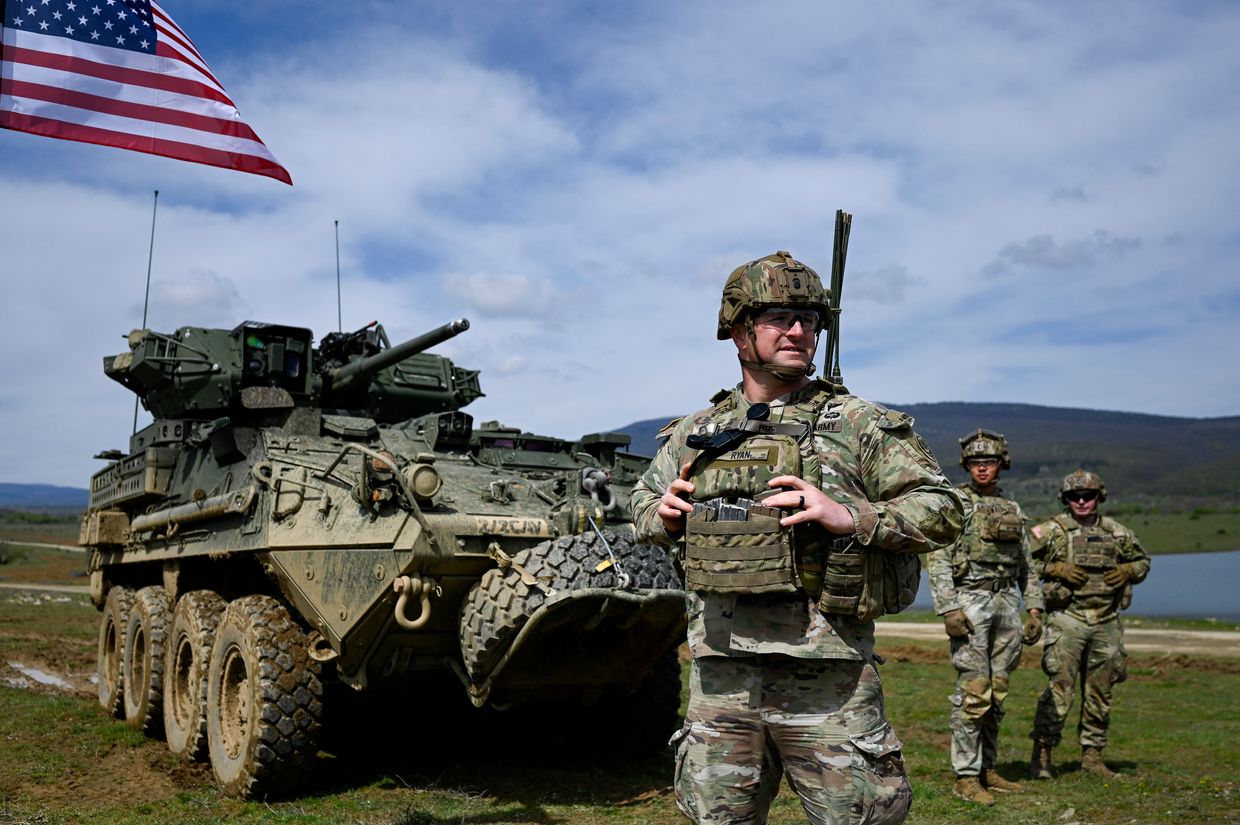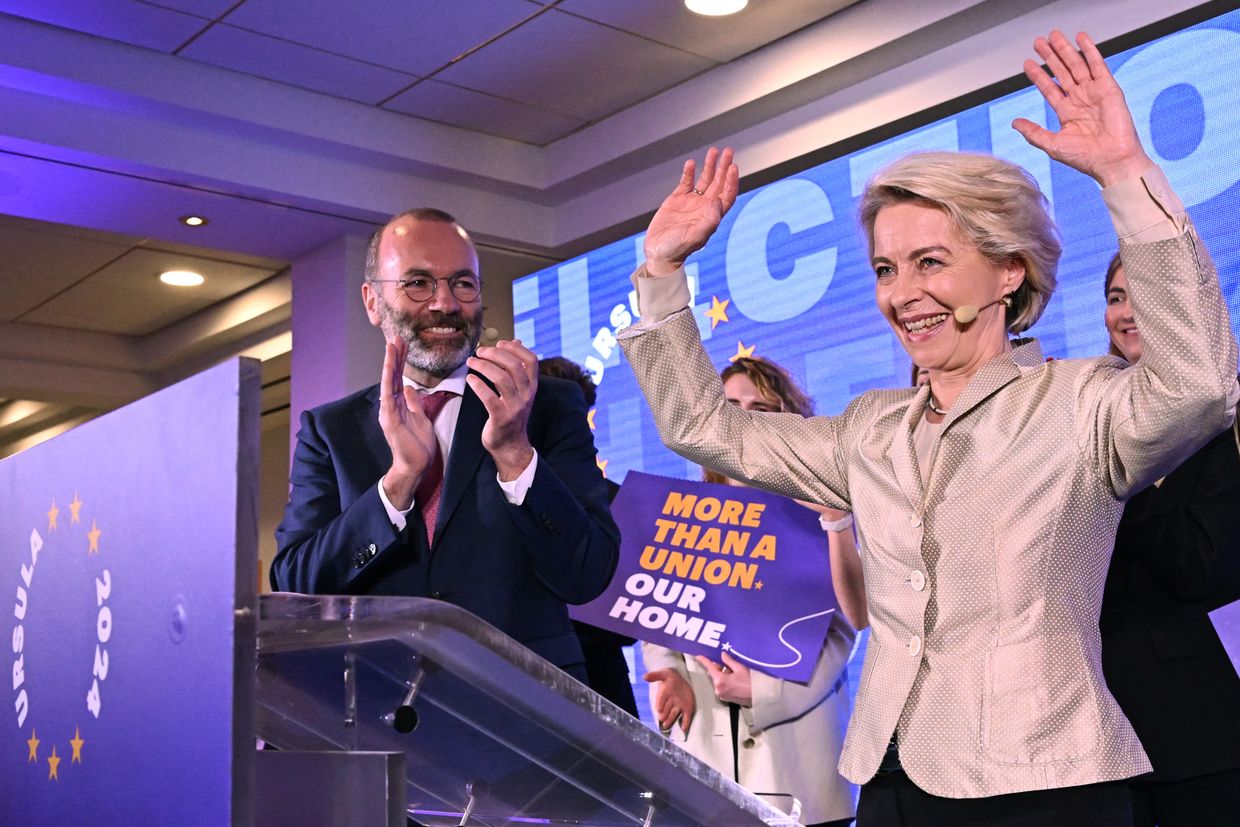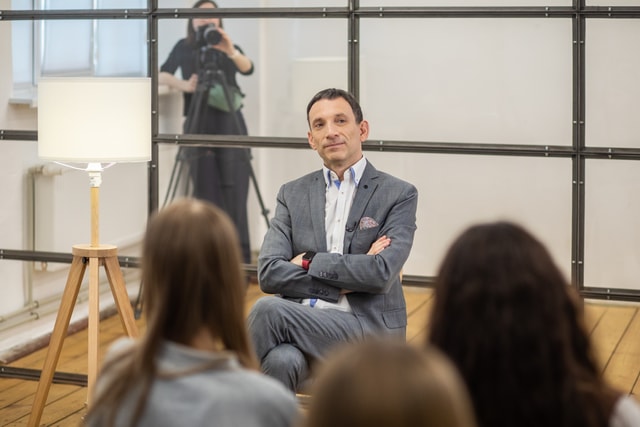Opinion: The realities faced by Russia's national minorities are history repeating itself

A boy holds a Russian flag in Tiraspol, Moldova, on Sept. 1, 2015. (Sander de Wilde/Corbis via Getty Images)

Vitaly Portnikov
Ukrainian journalist
Udmurt scholar Albert Razin ended his life in front of the Udmurt Republic’s State Council Building in Izhevsk, Russia, on Sept. 10, 2019, setting himself ablaze. His desperate act serves as a haunting emblem of Russia’s national policy under Russian President Vladimir Putin’s reign. Today, Russification has reached unprecedented heights, eclipsing even the Soviet era in its scope and intensity.
The marginalization of national cultures and languages is taking place with the active assistance of the Russian state. Putin was personally involved in the abolition of language instruction in the schools of the national republics.
When the State Council of the Republic of Tatarstan decided to start the process of translating the Tatar language into the Latin alphabet to bring it closer to other Turkic languages, it was hindered by the State Duma of the Russian Federation, which banned the translation of any of the languages of the peoples of Russia into the Latin alphabet at the legislative level.
The younger generation of individuals from diverse ethnic backgrounds within Russia are slowly losing fluency in their native languages. Instead of identifying themselves as citizens of the Russian Federation, they are leaning toward simply “Russians,” thus insisting on national unity with the “main people.”
At the same time, Russia’s leadership is persistently claiming to “protect” national minorities in other countries, such as Ukraine and Moldova. This is also nothing new; the Kremlin is mirroring the approaches of the last years of the Soviet Union, during which the leadership responded to the emergence of Popular Fronts, which advocated for the sovereignty and national rights of Soviet republics, by initiating numerous Interfronts and Intermovements.
These groups purported to defend internationalism and promote the national development of minorities. Representatives of minority groups were often misled, being told that “nationalists” threatened their ability to lead normal lives and preserve their native languages. However, in reality, Moscow was promoting the Russification of these minorities rather than fostering their national development.
It was during this time that entities like the “independent” Republic of Gagauzia, which later became an autonomous region within Moldova or the still-existing Transnistrian Moldovan Republic suddenly emerged.

And here, we must ask: What language do the Gagauzes of Moldova or Ukrainians of Transnistria, who were alarmed by the prospect of “forced Romanization,” use for study and communication? Naturally, it is Russian.
Over the past three decades, the authorities of Gagauzia have actively pursued policies to deepen the Russification of its residents, with the People’s Assembly of Gagauzia even pressing the Moldovan parliament to reinstate the Russian language.
Russification is precisely what the Kremlin presents to national minorities in other countries as the most effective defense against “nationalism.”
If you visit any village with a Hungarian majority in Ukraine’s Zakarpattia region, you will hear Hungarian spoken on its streets. But perhaps you would like to know what language the representatives of the two peoples of Russia related to the Hungarians, the Khanty and the Mansi, speak today?
These are indeed small nations, and therefore, the state should have made efforts to preserve their national identity and language. Unfortunately, it did not. Fifteen years ago, only 17% of Khanty people spoke their native language, a number that has continued to decline. Among the Mansi, the figure was even lower, standing at just 6%, signaling that their language is teetering on the edge of extinction. Shouldn’t this civilizational tragedy pique the interest of Budapest?
This is not merely an abstract observation. During one of my trips to the Estonian capital, I noticed books by poets of the Finnish peoples of Russia on the shelves of one of the main bookstores in Tallinn, available in the original language and translated into Estonian and Russian. The Estonian government supported this book publishing program. The Estonians, who vividly remembered how Moscow had marginalized their own culture, endeavored to assist their kin in preserving their literature, recognizing that in Russia itself, poets struggled to find publishers and soon may not even find readers.
Isn’t it compelling that even in the absence of informational borders, Transcarpathian Hungarians maintain their own periodicals, nurture their own creative teams, and produce artists who not only shine on the Ukrainian stage but also become stars in Hungarian cinema?
Perhaps someone in Budapest might be intrigued by the number of readers Vladimir Voldin, a pioneering figure in modern Khanty poetry, has left, despite his untimely demise under mysterious circumstances during Soviet times. The same curiosity could extend to his wife, Maria Vagatova, who was also the first Khanty poet. I believe the largest number of them were brought together solely by a collective letter expressing support for the war against Ukraine, an offer also extended to the 87-year-old poetess.
Certainly, we can speculate about the future of Ukrainian national policy. However, it's clear that once Ukraine and Moldova join the EU, all Hungarians, Romanians, Ukrainians, Bulgarians, and Gagauzes in Europe will find themselves within a unified civilizational space. Yet, the Khanty and Mansi will not. They are at risk of simply fading away.
Editor’s Note: This material was prepared within the framework of the Re:Open Ukraine initiative, which aims to explain Ukraine to its Western neighbors, and its Western neighbors to Ukraine for the sake of successful European and Euro-Atlantic integration. The opinions expressed in the op-ed section are those of the authors and do not purport to reflect the views of the Kyiv Independent.











